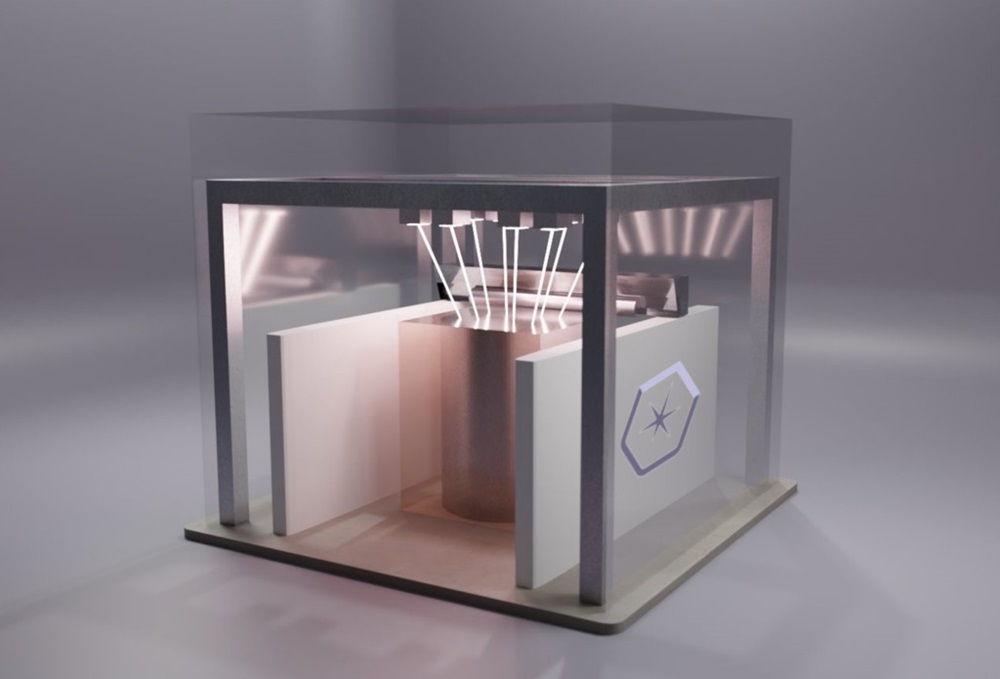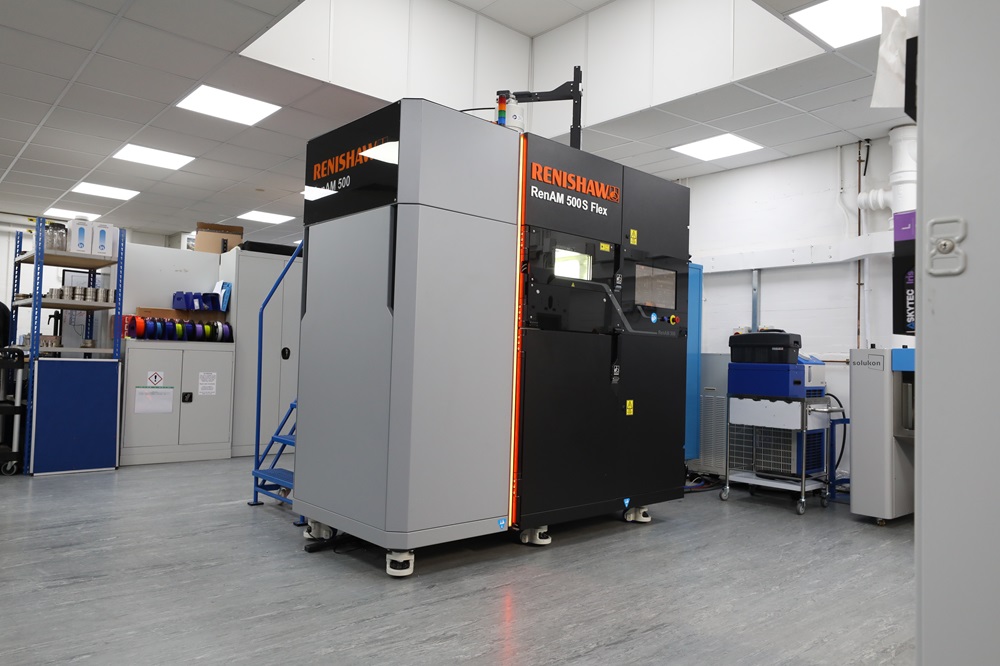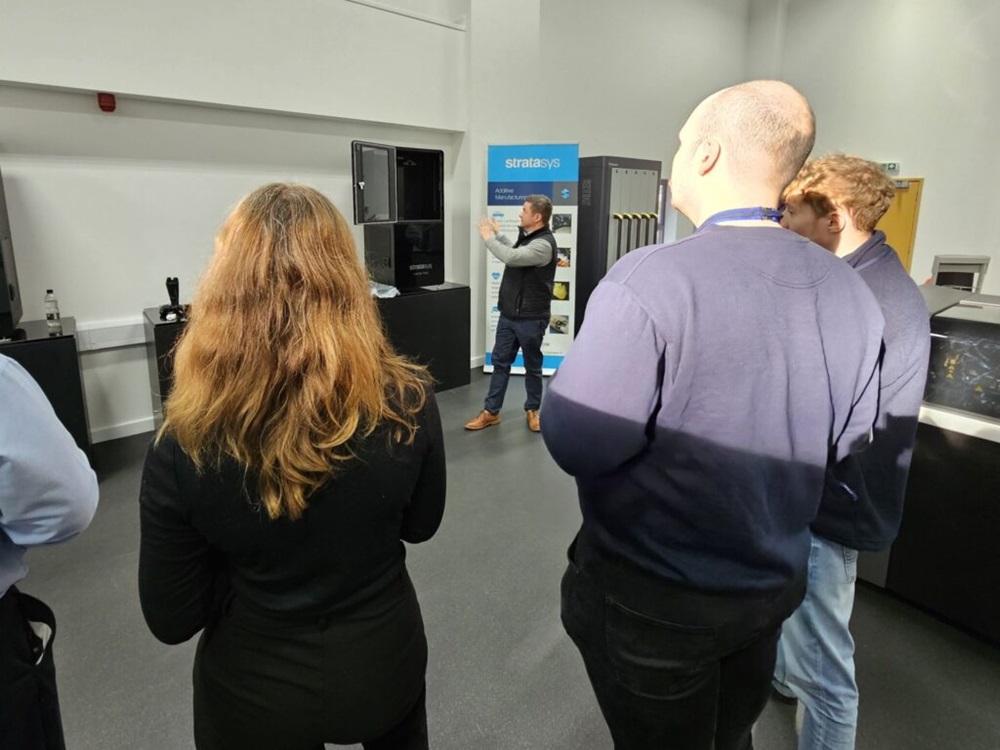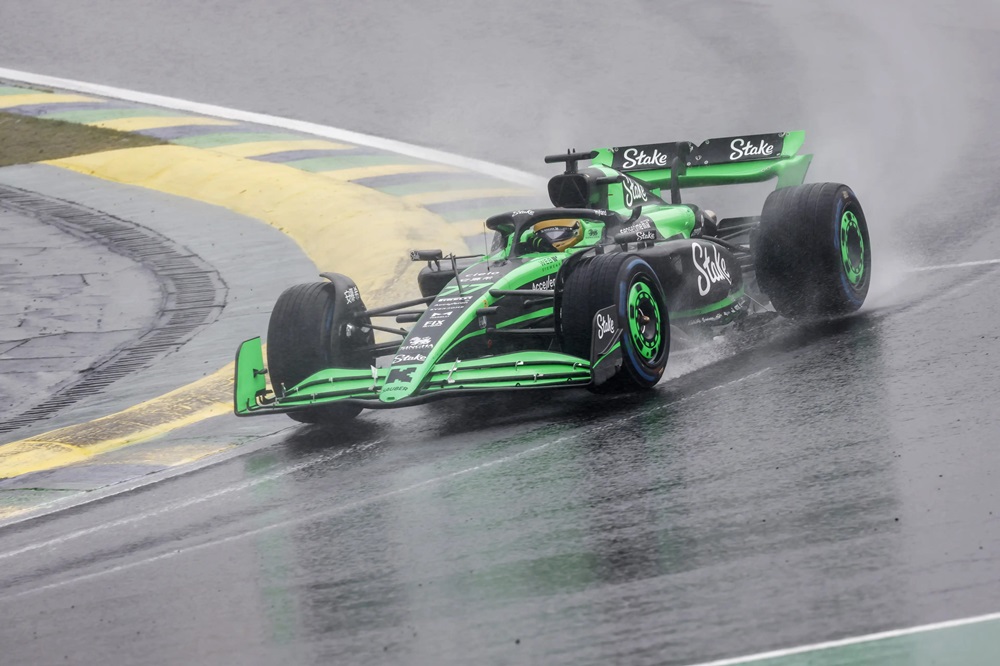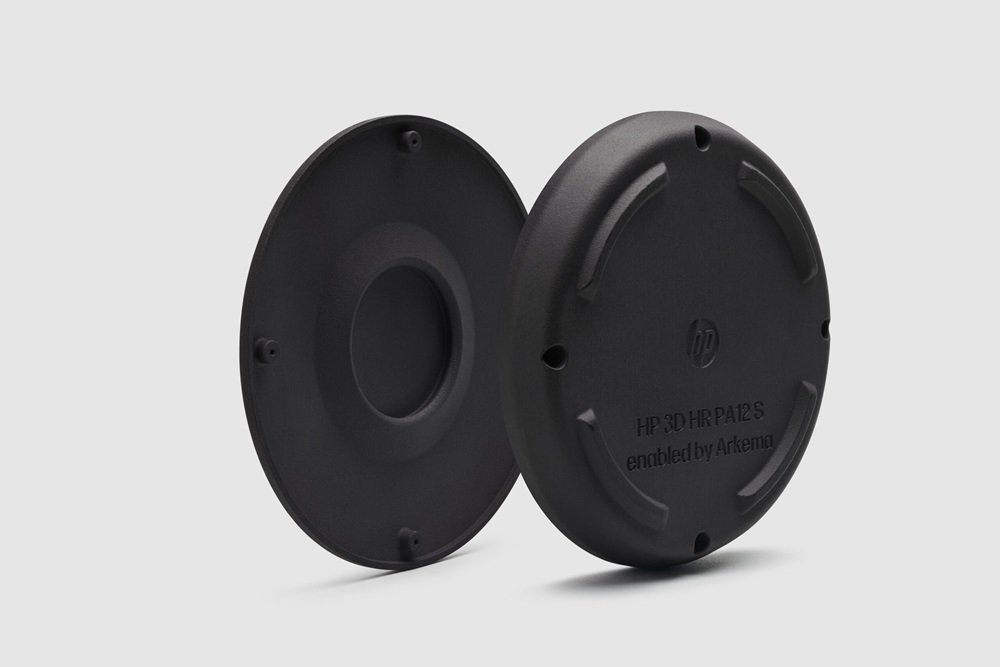AddUp’s MASSIF (Metal Additive System, Sustainable, Industrial, Eco-Friendly) project supports a broader strategy to drive the next wave of industrial and technological innovation around large-format powder-bed fusion (PBF) metal additive manufacturing (up to 1.5 x 1.5 x 2 m). The project is designed to boost productivity, reduce costs and meet evolving sustainability goals. The first PBF machine developed around these concepts features a print volume of 750 x 750 x 1000 mm high.
The new machine will leverage the robust foundation of AddUp’s FormUp 350, a platform currently in use at customers across the aerospace, medical and other high-precision industries. According to AddUp, its MASSIF machine is set to increase productivity by 300%, drastically reducing part costs by 50-70%. Furthermore, with the capability to manufacture parts 12 times larger than current AddUp machines, the machine pushes the boundaries of scale for metal additive manufacturing.
Further benefits include powder waste below 10% and best-in-class surface finishes that minimise or eliminate the need for costly and time-consuming post-processing. Additionally, its in-process monitoring instils confidence that parts are printed correctly from the start, reducing the need for expensive QA testing.
The machine series will be developed in collaboration with companies that include Cailabs, CETIM, Dassault Systèmes, ISP Systems and Vistory. It has already been selected as the winner of the #France2030 ‘Robots and Intelligent Machines of Excellence’ programme. The first machine will be installed at CETIM’s Printing Bourges centre, where it will undergo further validation.
More information www.addupsolutions.com






